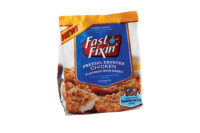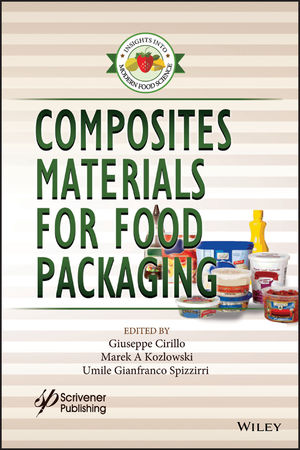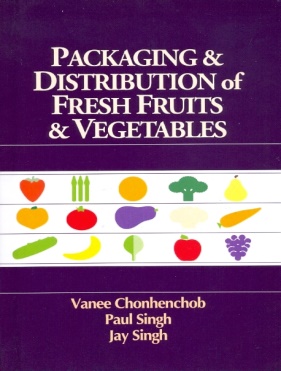Today’s packaging initiatives must be on target, meaning they must “speak” to consumers. Whether it’s through clear messaging, front-of-pack labeling or eco-friendly materials, sometimes packaging is what sells the product.
Refrigerated & Frozen Foods interviewed several refrigerated food manufacturers to learn about their new packaging concepts. Take a look at the Top 10 best new refrigerated packages.
1. Carbon footprint reduction goals. For Hormel Foods, it’s about minimizing packaging efforts. That’s why, last year, “each member of the team had a goal to identify 500,000 pounds of materials savings, amounting to a group goal to reduce packaging by 4 million pounds a year,” says Steven Venenga, vice president of marketing, meat products for the Austin, Minn.-based company.
2. Going green. Hormel Foods’ Hormel Country Crock sides come in a new eco-friendly design. The “in-mold” package replaces the paper sleeve and puts the printed information directly on the tub, saving more than 8,500 trees a year.
3. Square vs. round. The folks at La Terra Fina USA, Union City, Calif., repackaged its line of dips and spreads in a square container, “which provides for efficient shelf space pack-out,” says Tim Ramsey, chief operating officer and general manager.
4. Gusseted bottoms. Crystal Farms launched new packaging for its shredded cheese products. The new 8-ounce gusseted bags stand up on the counter when consumers are preparing meals, enables retailers to fit 37% more facings in a 4-foot section and uses 29% less film, or 458,000 less square feet of film, per 1MM pounds, which is enough film to cover 10 football fields, according to John Crawford, senior director of marketing for the Minnetonka, Minn., company.
5. Sustainable practices. ConAgra Foods Lamb Weston diverts nearly 90% of its waste from landfills through the company’s recycling programs. For its foodservice customers, for instance, the Kennewick, Wash., company rolled out re-pulpable bags for a select number of products. “By replacing the plastic coating inside the bags with a coating made from water-based materials, the bags can be recycled into new paper goods,” says Robert Owen, marketing director.
6. Peel and reseal. West Liberty Foods, LLC, West Liberty, Iowa, launched the G5 semi-rigid package with peel-and-reseal film, “which offers consumers a re-closable package that contains 35% less plastic than traditional tubs and rigid trays,” says Mark Russell, director of business development.
7. Lenticular lid technology. Kraft Foods’ Philadelphia cheese brand now dons a limited-edition lenticular lid design for three of its products—Philadelphia Light, Philadelphia Original and Philadelphia Garlic & Herb. The packs feature lenticular technology, where tilting the product reveals images of three dishes that can be made with the product. The reverse of the lid displays the details of the recipe.
8. Elegant designs. Tropicana, a Chicago-based division of PepsiCo, Inc., introduced an elegantly-designed 89-ounce container for its Tropicana Pure Premium 100% pure Florida orange juice. The sleek package offers more convenience, easier handling and pouring, style and recyclability all in a family-size pitcher. Plus, the clear handle design is 100% recyclable.
9. Protecting the purity. Lehigh Valley Dairy Farms, Lansdale, Pa., introduced the Pure Protect bottle, a specially designed opaque container developed specifically to protect the purity of milk by blocking light intake. “We are a local company committed to the health of the communities we serve,” says Frank Mariello, general manager. “Our business depends on the well-being of our consumers. That’s why we at Lehigh Valley Dairy Farms developed this Pure Protect technology— to help give families the best possible product we can.”
10. Seal of approval. Foster Poultry Farms, Livingston, Calif., earned the Parent Tested Parent Approved (PTPA) Winner’s Seal of Approval, crowning its new 100% Whole Grain Chicken Corn Dogs a school lunch offering that parents and children agree on. “The PTPA Winner’s Seal of Approval is confirmation that when tested in a real life environment, Foster Farms’ new corn dogs meet the stringent parental requirements for school lunches,” says Greta Janz, vice president of frozen and prepared foods. “We’re able to offer schools a lunch solution that satisfies kids’ taste and parents’ desire for healthier choices with the added nutritional value of whole grains, lower fat of chicken corn dogs and now, further reduced sodium levels.”














